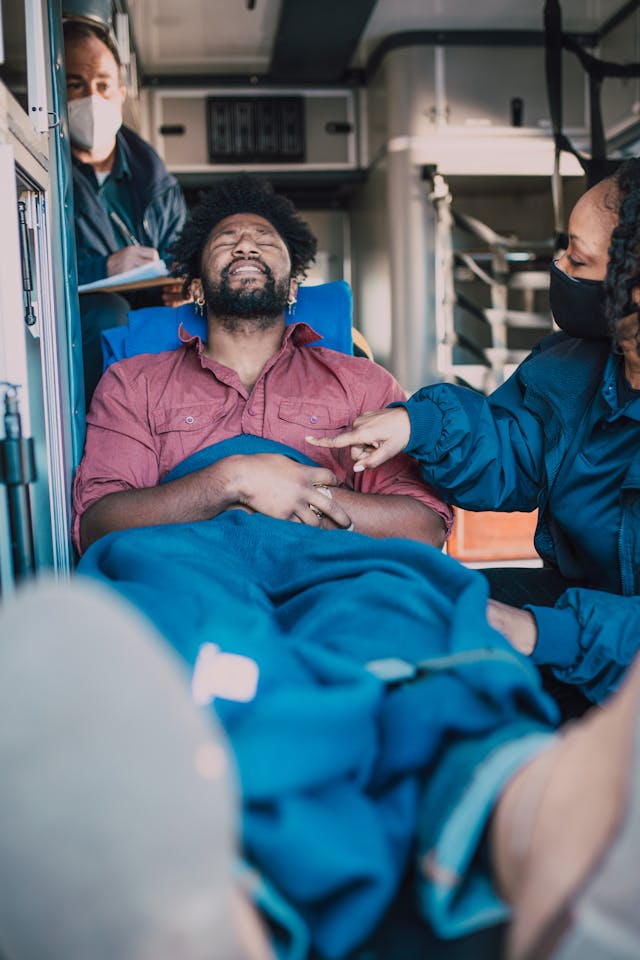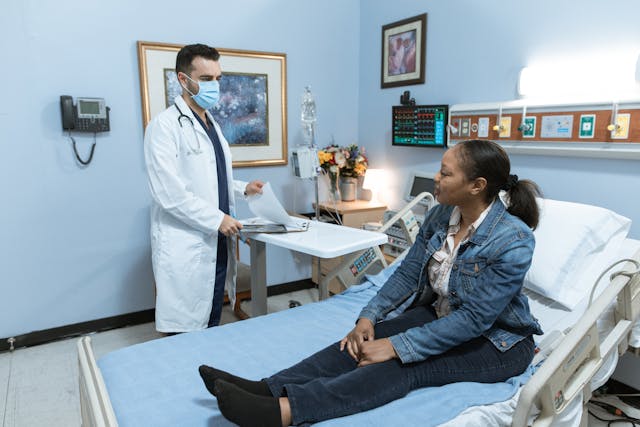Slip and fall accidents are a leading cause of unintentional injuries, and unfortunately, they can happen anywhere – at home, work, or even on someone else’s property. While most slip and falls result in minor bumps and bruises, some can lead to severe injuries with lasting consequences. If you’ve been injured in a slip and fall accident on someone else’s property due to their negligence, you might be eligible to file a personal injury claim to seek compensation for your medical bills, lost wages, and other damages.
This article delves into the world of personal injury claims involving slip and fall accidents. We’ll explore the legal grounds for such claims, the different types of damages you can recover, and the key steps involved in pursuing compensation.
Understanding Premises Liability
Premises liability is a legal concept that holds property owners responsible for maintaining a safe environment for visitors. This means they must take reasonable steps to prevent foreseeable hazards that could cause injuries. The specific duty of care owed by a property owner depends on the type of visitor:
- Invitees: These are individuals invited onto the property for a business purpose, such as customers in a store or guests at a restaurant. Property owners owe the highest duty of care to invitees, meaning they must take reasonable steps to inspect the premises for hazards, correct existing ones, and warn visitors of any potential dangers they are unaware of.
- Licensees: These are individuals with permission to be on the property for their own social or personal reasons, such as a guest visiting a friend’s house. Property owners owe a lesser duty of care to licensees. They must generally refrain from intentionally harming them and warn them of any known hidden dangers.
- Trespassers: Property owners generally owe no duty of care to trespassers, except to avoid wilfully or wantonly causing them harm.

When Can You File a Personal Injury Claim for a Slip and Fall?
To have a successful personal injury claim for a slip and fall accident, you generally need to prove the following elements:
- Duty of care: The property owner owed you a duty of care based on your status as an invitee, licensee, or trespasser.
- Breach of duty: The property owner breached their duty of care by failing to maintain a safe environment or warn you of potential hazards. This could include neglecting to clean up spills, failing to repair a broken staircase, or not providing adequate lighting.
- Causation: The property owner’s breach of duty directly caused your slip and fall accident.
- Damages: You suffered damages as a result of the slip and fall, such as medical expenses, lost wages, pain and suffering, and disability.
The strength of your case depends on the evidence you can gather to prove these elements. This might include:
- Accident report: If the accident occurred at a business establishment, they might have an accident report form that you should fill out immediately. Include details about the accident, your injuries, and any witnesses present.
- Photos: Take pictures of the scene of the accident, including the hazard that caused you to fall, the surrounding area, and any visible injuries you sustained.
- Witness statements: If anyone witnessed your slip and fall, obtain their written statements describing what they saw.
- Medical records: Keep copies of all medical bills, doctor’s reports, and other medical documentation related to your injuries.
Types of Damages Recoverable in a Slip and Fall Claim
If you win your personal injury claim, you can recover compensation for various damages, including:
- Medical expenses: This includes past, present, and future medical bills associated with treating your injuries.
- Lost wages: You can recover compensation for wages you lost due to your inability to work as a result of the accident. This could also include lost future earning potential if your injuries have caused a permanent disability.
- Pain and suffering: This compensates you for the physical and emotional pain you’ve endured due to the accident.
- Loss of enjoyment of life: This covers how the accident has impacted your ability to participate in activities you once enjoyed.
- Property damage: If the fall caused damage to your belongings, such as a broken phone or ruined clothing, you might be able to recover compensation for repairs or replacements.
The amount of compensation you receive will depend on the severity of your injuries, the extent of your medical bills and lost wages, and the long-term impact of the accident on your life.
Steps to Take After a Slip and Fall Accident
If you’ve been injured in a slip and fall accident on someone else’s property, here’s what you should do:
- Seek medical attention: Your health is the priority. Get medical attention immediately to assess your injuries and begin treatment.
- Report the accident: If the accident occurred at a business establishment, report it to a manager or supervisor right away. They might have an accident report form you should fill out.
- Gather evidence: As mentioned earlier, collect evidence such as photos of the scene, witness statements, and any medical records related to your injuries.
- Contact your insurance company: Inform your insurance company about the accident, but avoid admitting fault.
- Consult with a personal injury attorney: An experienced personal injury lawyer can evaluate your case, advise you on your legal options, and help you navigate the claims process. They can also handle communication with the insurance company and fight for the maximum compensation you deserve.
Factors to Consider When Choosing a Personal Injury Attorney
Finding the right personal injury attorney serving Denver, Colorado is crucial for the success of your claim. Here are some factors to consider:
- Experience: Choose an attorney with experience handling slip and fall cases specifically.
- Track record: Look for an attorney with a proven track record of success in obtaining fair compensation for their clients.
- Communication style: Ensure you feel comfortable communicating openly and honestly with your lawyer.
- Fees: Most personal injury attorneys work on a contingency fee basis, meaning they only get paid if they win your case. Their fee is typically a percentage of the settlement or verdict you receive.
Settlement vs. Lawsuit
There are two main ways to resolve a personal injury claim:
- Settlement: This is the most common outcome. You negotiate with the property owner’s insurance company to reach a financial agreement that compensates you for your damages. Settlements are generally faster and less stressful than going to court, but the compensation might be lower than what you could potentially receive through a lawsuit.
- Lawsuit: If you cannot reach a fair settlement with the insurance company, you may need to file a lawsuit in court. This process can be lengthy and expensive, but it can result in a higher award if you win.
Your attorney will advise you on the best course of action based on the specifics of your case.
Conclusion
Slip and fall accidents can be life-altering events. If you’ve been injured due to someone else’s negligence, you shouldn’t have to bear the financial burden on your own. Understanding your legal rights and taking the necessary steps to file a personal injury claim can help you recover compensation for your medical bills, lost wages, and other damages. Remember, consulting with a qualified personal injury attorney is critical to ensure you receive the justice and compensation you deserve.



